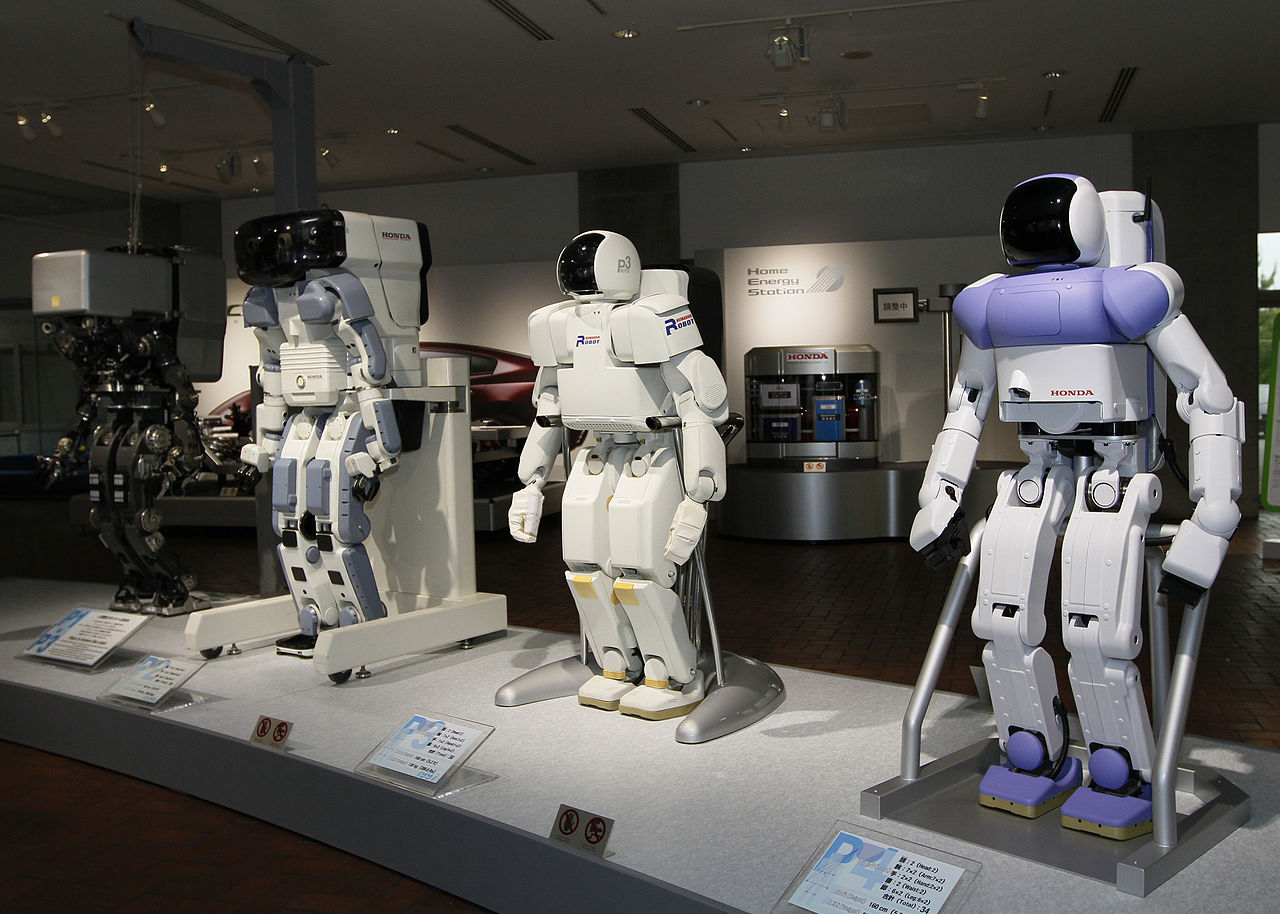Although in 2023, 70 percent of Global CEOs invested heavily in Generative AI (GenAI), most businesses are hesitant to integrate new technologies into their everyday operations. Our fear of the unknown and tendency to resist change may explain this. Since the human brain triggers a flight or fight response to even the most favourable changes, it is not surprising that when thinking about AI, the overwhelming majority of us worry about losing our jobs (77%) or important skills (73%).
The speed with which Generative AI has exploded into our lives has triggered anxiety and uncertainty. Employees are either wary of exploring GenAI tools or use them without understanding their potential legal and ethical implications and risks. The idea that AI-driven solutions will soon transform decision-making, the future of skills, and accelerate operational efficiencies is both exciting and daunting for management. As we navigate this transition to a new era, where AI may outsmart humans, leaders tend to focus on how to integrate technology rather than addressing how to prepare themselves and their employees for this disruptive long-term change.
How to Lead Change to Enable AI Readiness
Leaders should manage the introduction of AI as a cultural transition, in which a shift of mindsets, behaviours, and norms are integral elements of the strategy. The most immediate challenge for management is to create a new culture that allows people to experiment, provide feedback, and engage in continuous learning, rather than integrating technology. Companies should view the current period as a dynamic, long-term transition, a paradigm shift, that affects not only technology, skills and how work is organised, but also the context in which their businesses operate. Organisations that address this shift by focusing on their employees will outperform those that spend heavily in technology.
As technology further substitutes repetitive, mundane tasks, the role of creativity, collaboration and human-centric leadership will become invaluable. Future employees in professional jobs will rely on skills that cannot efficiently be substituted by machines. Leaders need to act decisively, but may fail to do so given their own digital insecurities and lack of understanding. Many organisations either ban the use of GenAI tools or treat them like a taboo by not talking about them internally. Whether or not an organisation has decided to integrate AI into its processes, employees will continue to use it inside and outside the workplace. By discussing openly how and through which platforms employees may experiment with AI safely and ethically, leaders can create an environment of psychological safety, where sharing ideas or mistakes becomes valued and expected.
Professional change management can help organisations make this transformation more smoothly and offers efficient strategies for successful implementation.
It can help:
- Manage people’s potential resistance to change
- Channel the enthusiasm of tech-savvy employees to support cultural change by turning them into AI champions
- Identify and implement the most efficient human-technology collaborations in organisational processes
- Redesign how work is organised and managed
Investing in training programmes that develop employees’ critical thinking skills, change management expertise, creativity, emotional intelligence, as well as political and negotiation skills, will bring longer term rewards than buying the latest version of ChatGPT.
What Can Leaders Do to Address the AI Transition?
- Create awareness by acknowledging that this is a transition, and nobody knows if there is an end to it. Identifying and advocating that what we are experiencing is not ‘business as usual’ but the start of a long-term ‘transition’ period, will help calm both enthusiastic and worried employees and make implementation plannable and measurable.
- Create community. Admitting that we all are ‘in this together’, everybody is ‘figuring it out’, nobody is ‘left behind’ or ‘knows it all’ will help to create a culture of open communication about people’s concerns and pave the way for the efficient management of future resistance. A supportive environment will accelerate the sharing of ideas and best practices.
- Invest in safe technology solutions, so people can experiment and learn without risking data, cyber-attacks, and intellectual property. Consider subscription based or bespoke solutions that support business functions or make people’s working life easier.
- Prioritise training staff to facilitate understanding. Most people do not know much about artificial intelligence, so train them how to use and think about it. Walk the talk by embracing a learning culture, reflecting on your own weaknesses and being open about experimenting and failure. Sharing makes those who lead change more relatable, and training creates opportunities for innovation.
- Enable early adopters and local champions by providing them with resources and support without any complicated procedure.
- Celebrate diversity of thought, empower those who share best practices and work in diverse, collaborative teams. Encourage inclusion instead of competition.
- Promote women to lead AI transformation projects. The AI domain is rapidly losing diversity and inclusion due to fierce competition which suits men more than women. Female leaders are known to be strong in empathy, transparency and open communication skills that are prerequisites for successful AI implementation; empower them.
Leaders who find a way to approach this transformation by focusing on their own self-development, as well as their employees’ personal change journeys, will be more successful than those who invest the most in technology. Now is the time to experiment so that we ensure a successful AI transformation in the future.
The banner image for this blog was created using Generative AI, using Canva’s Magic Media tools. Prompts utilised in the creation of the image included ‘businesswoman’, ‘artificial intelligence’, ‘integration’, and ‘holographic’.





